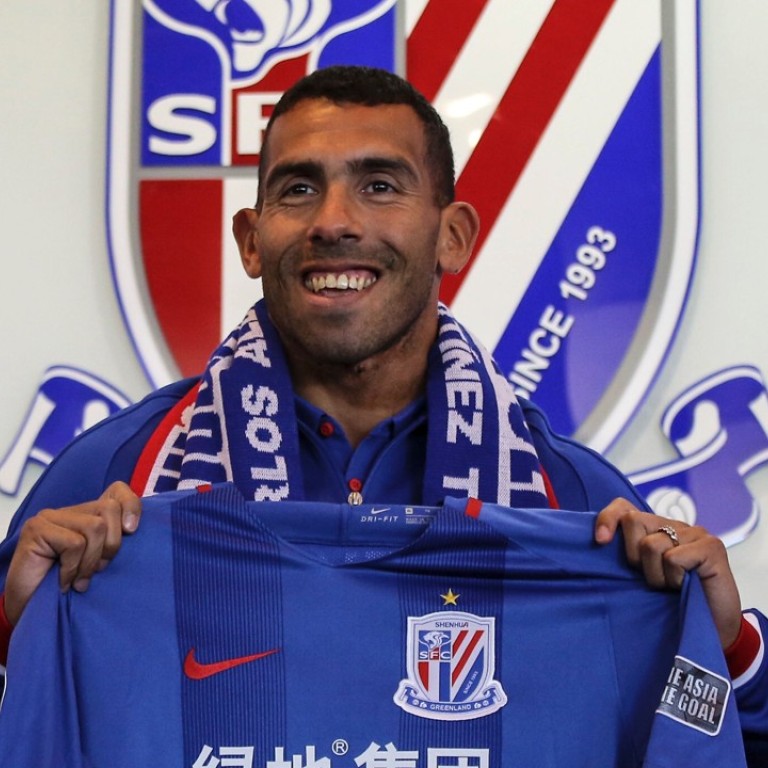
Chinese Super League at the forefront as Asian governments increase grip on world football
The mainland may have imposed limits to stop wild spending by its clubs, but Asia’s football game is far from over
The last time the Chinese Super League (CSL) transfer window opened, it did so with vigour and a flood of famous footballers heading east.
However, in the light of concerns about irrational investments and external currency flows, China’s government effectively slammed the window shut again, just as vigorously.
Amid some veiled threats aimed at club owners and football investors, a state 3+1 rule dictating how many foreign players can turn out for Chinese clubs was, literally overnight, imposed upon CSL clubs to replace the existing 4+1 rule.
The rule change took place in January and was intended to moderate player transfers into China from overseas, as the market for such players began to overheat.
The transfer window eventually shut in February, with the number and cost of overseas players entering China having fallen dramatically. Since then though, Chinese concerns about the state of its external currency flows have eased somewhat.
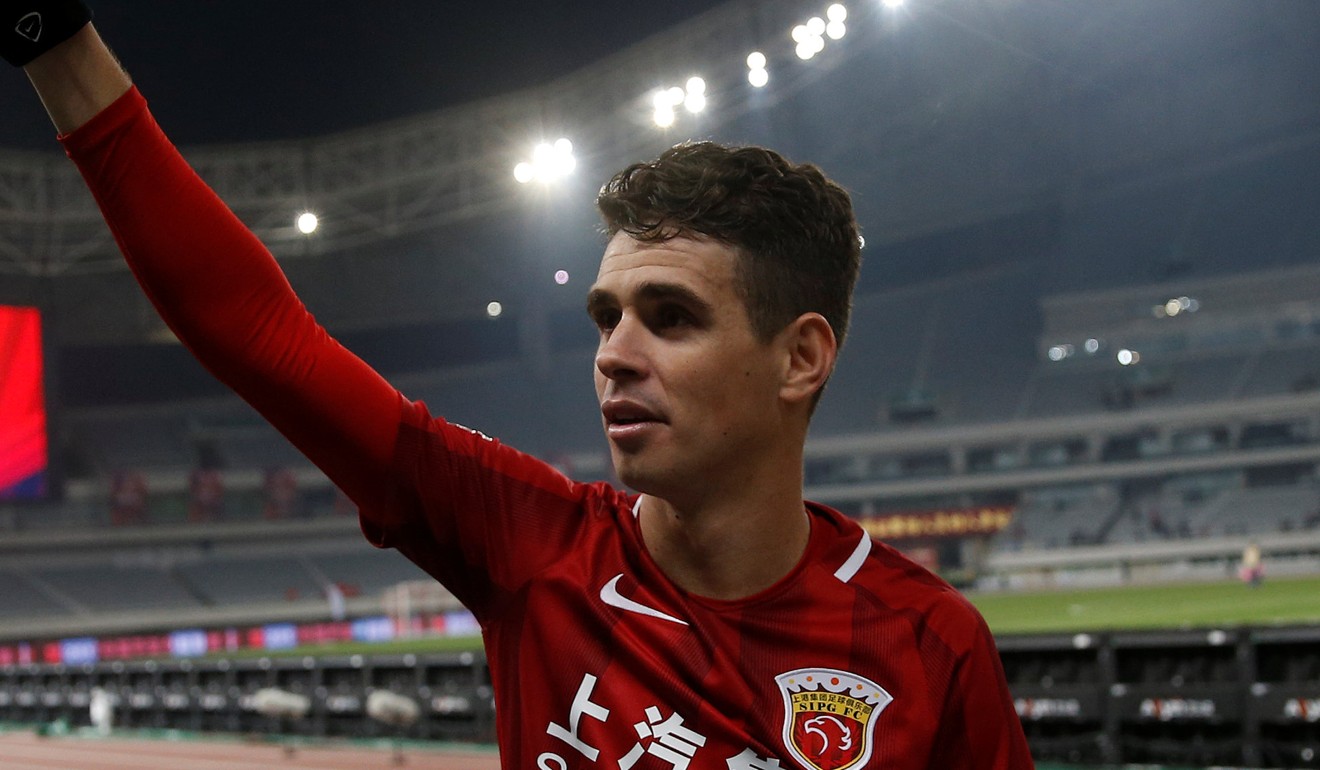
Indeed, given the recent acquisition of English club Reading by Chinese investors, one senses the market for football investment properties is about to begin inflating once more.
That said, a new player tax has just been introduced by the government, so the bumpy days of austerity and moderation are not yet over.
China’s transfer window will be open for approximately one month, and will coincide with European football’s close season (when many players typically move to new clubs).
As such, speculation is already rife about who goes where and for how much. However, football observers would be well advised not just to keep an eye on the tabloid newspaper gossip pages, but also on the economics and global politics pages of leading financial newspapers and websites.
The Chinese government’s transfer market interventions might have been unexpected, yet upon reflection they have perhaps been entirely predictable.
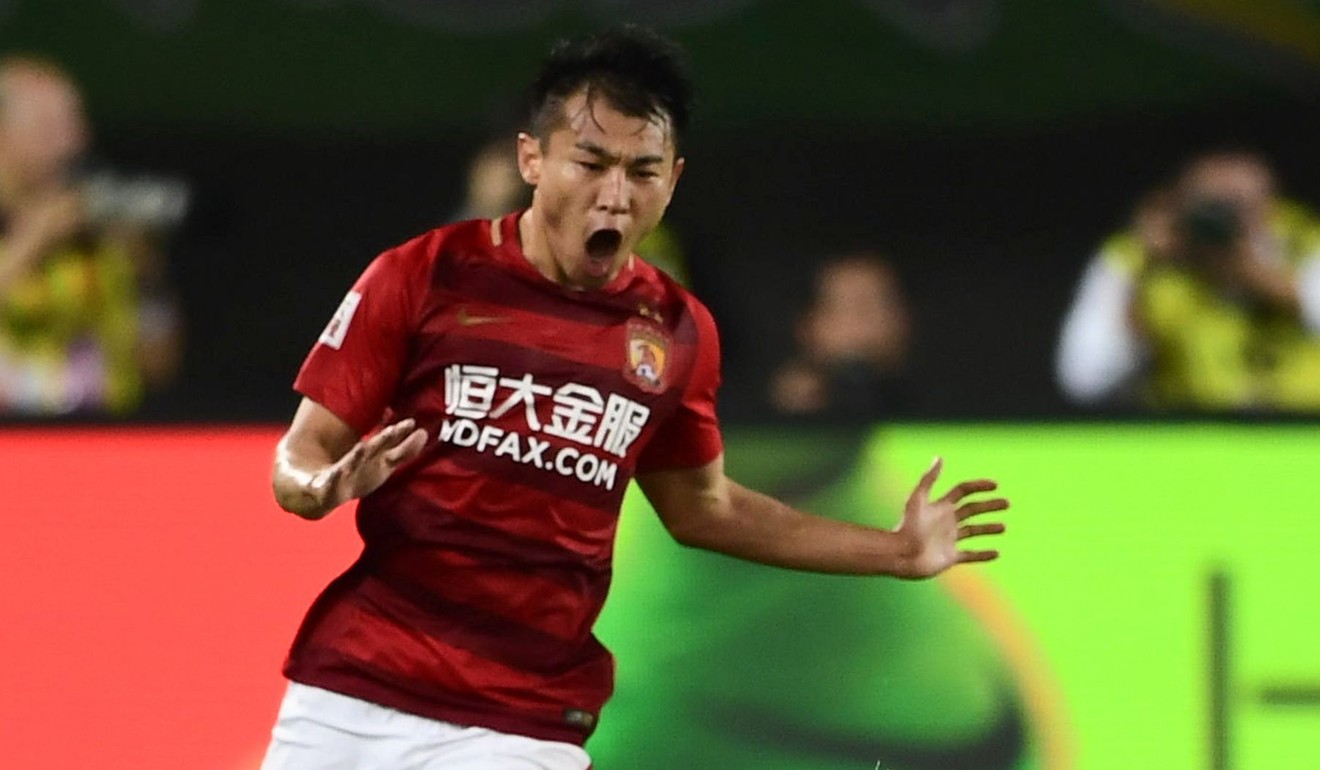
The government in China has frequently demonstrated a predisposition towards intervening in industries, particularly when the country’s wider economic, political and cultural goals are at stake.
It remains to be seen whether there will be an intervention in football this summer. However, none of us should be surprised if there is.
Diego Costa can surely forget China move after shock new 100 per cent ‘tax’ doubles price of foreign stars and likely bursts football bubble
Such interventions are an increasingly common feature of Asia’s emerging model of football. In countries such as Great Britain, governments have often danced around the periphery of intervention.
Most recently, Britain’s parliament blustered its way through a debate about English football governance, which one national newspaper ultimately labelled as being “more a whimper than a roar”.
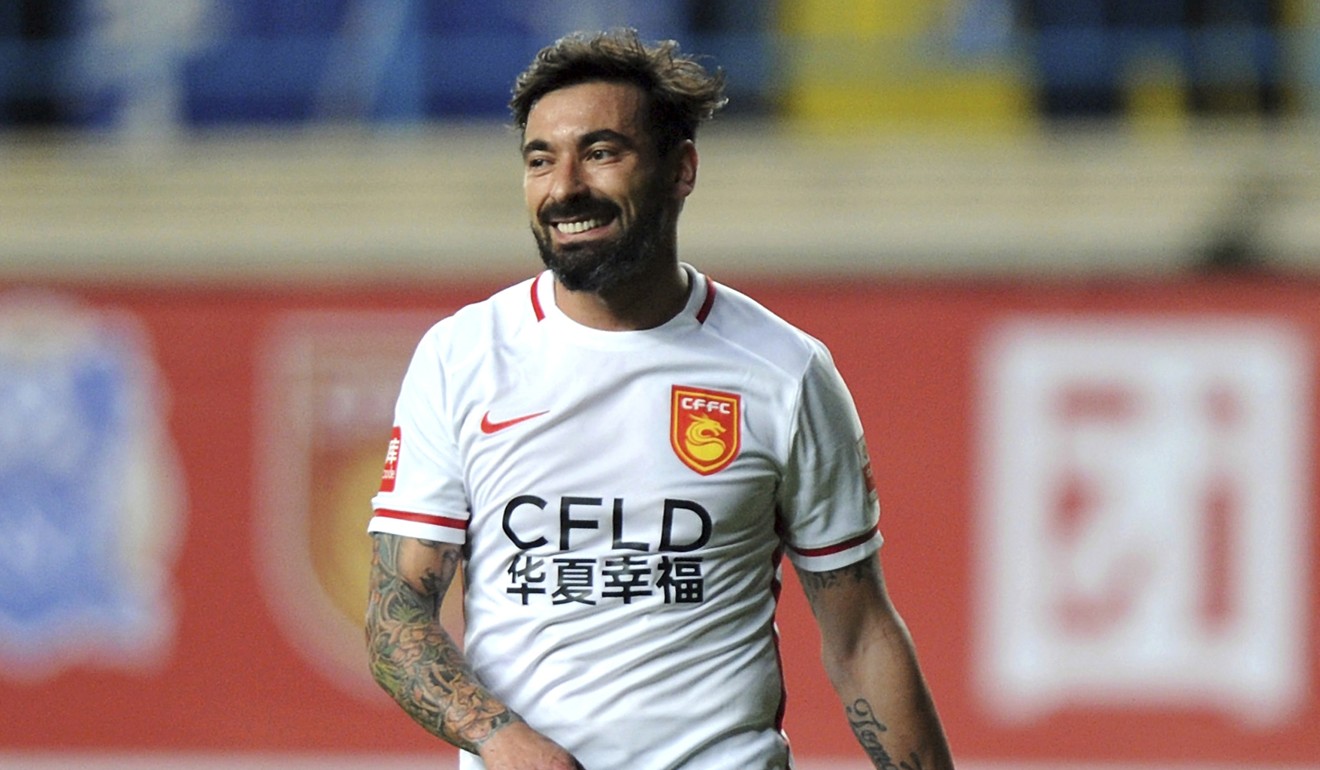
This obviously stands in stark contrast to China, but also to several other Asian countries too.
Indeed, Asian countries which have recently seen state intervention in football include Dubai, Qatar, and the United Arab Emirates.
Whether for reasons of boosting on-field performances, bidding for mega-events, or exerting soft power influence, direct state intervention across Asian football appears to be commonplace in a way that it is not elsewhere in the world.
Gus Poyet slams Shanghai Shenhua derby defeat by Shanghai SIPG as ‘unacceptable’
Yet Asian governments also maintain a quasi-autonomous involvement in football too. For instance, much as corporations such as Wanda and Alibaba have strengthened China’s influence over football via a series of Fifa sponsorships, so too have Middle Eastern airlines, sponsoring some of the biggest clubs.
The highest profile of the clubs, the English Premier League’s Manchester City, is in turn owned by Abu Dhabi’s Sheikh Mansour bin Zayed Al Nahyan. Sheikh Mansour might not be “the state”, but he is a member of the emirate’s extended ruling family.
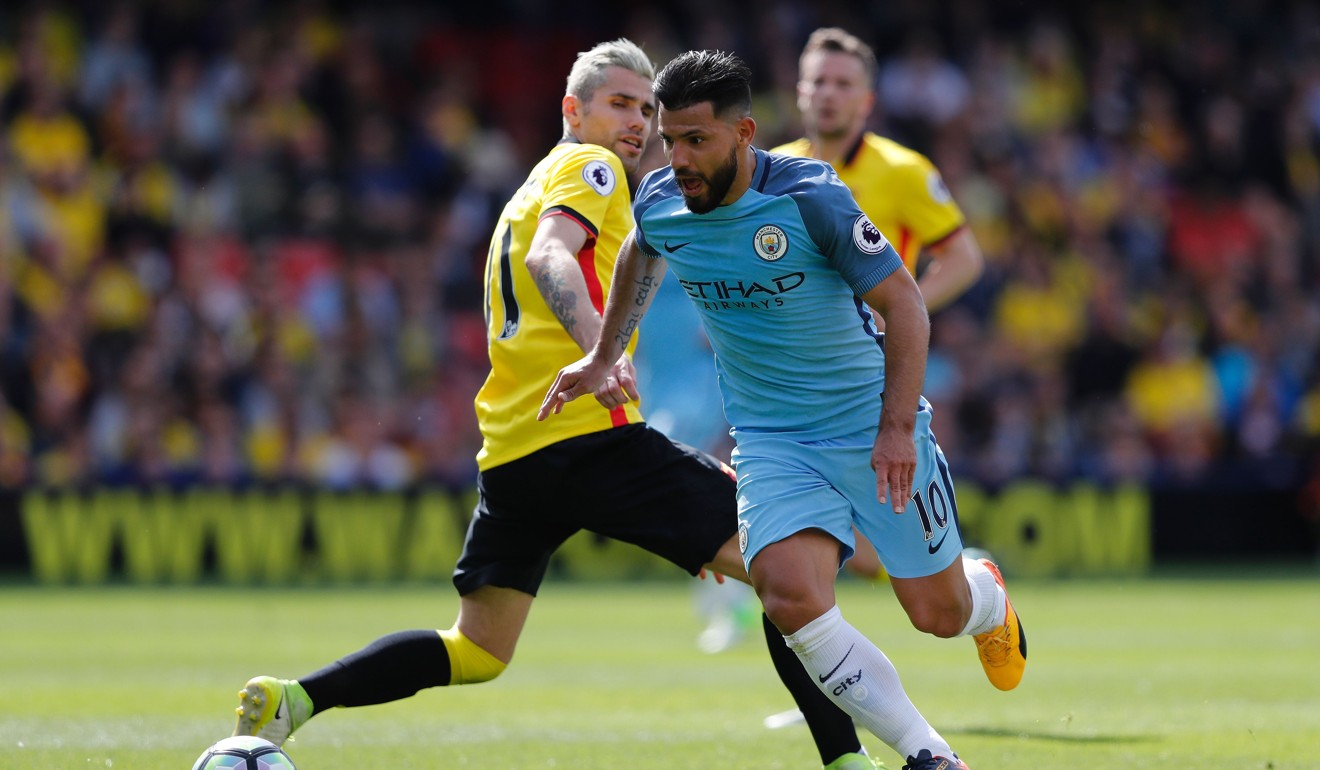
Coincidentally, or perhaps unsurprisingly, Sheikh Mansour sold 13 per cent of CFG to China Media Capital in 2015, marking closer relations between Abu Dhabi and China.
In the same way, a major stake in CSL club Beijing Guoan has just been acquired by the Sinobo Group. Some people believe the state may have fulfilled some sort of role in prompting the deal.
Manchester United earn Champions League berth with ‘pragmatism and humble principles’
It is hard to imagine the likes of Britain’s Theresa May, Germany’s Angela Merkel, or the USA’s Donald Trump sanctioning a state-led investment programme spanning global football.
Yet in many Asian countries this is the norm, and with China emerging from its self-imposed spending restraint and with nations such as Qatar stepping-up their investment programmes in the sport, world football is increasingly in the grip of Asian governments.

